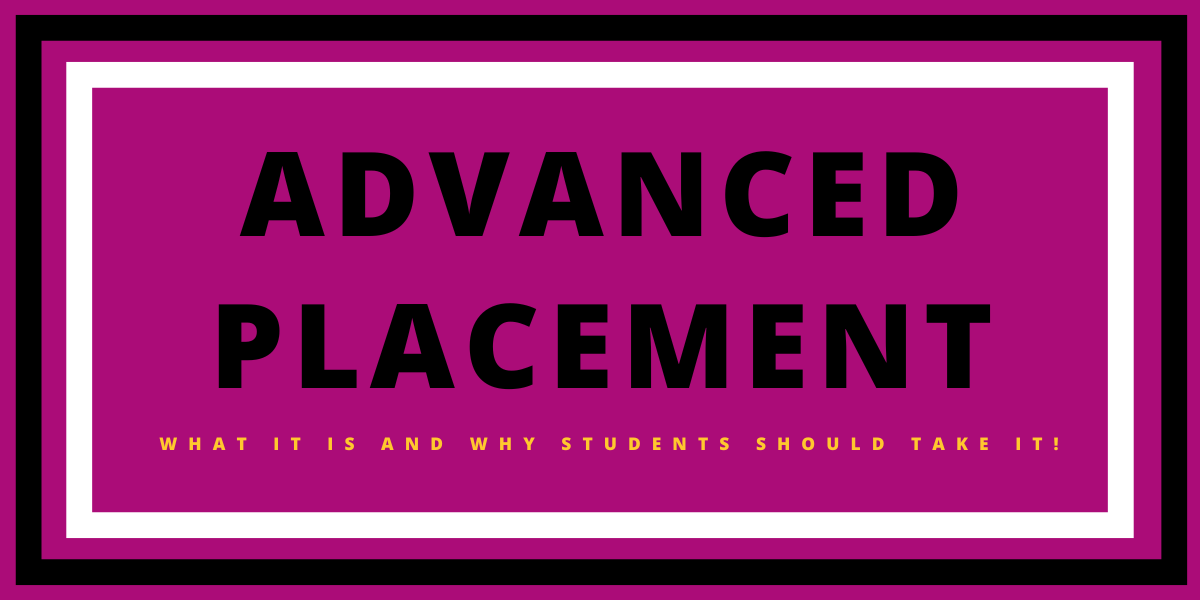Understanding AP: What it is and why students should take it!
Hi everyone,
I’m Angela Tartaro, Director of Barron’s Educational Series, where I lead the development of AP resources used by thousands of students and schools across the country. My team works directly with AP teachers and experts to ensure students are prepared—not just to earn top scores, but to build the confidence and skills they need to succeed in college.
If your student is beginning to plan for college, you’ve probably heard about Advanced Placement (AP) courses. So what exactly is AP? How does it work? And how can you support your student in making the most of it?
What Is AP?
AP is a program offered by the College Board that gives students the chance to take college-level courses in high school. At the end of each course, students take a standardized exam in May. A score of 3 or higher (on a 5-point scale) may qualify students to earn college credit or place into higher-level courses, allowing them to skip introductory classes—depending on the policies of the colleges they apply to.
The College Board offers 42 AP courses across major subject areas—including Sciences, Math, History and Social Sciences, English, World Languages, and the Arts. Students can choose from well-known options like AP Biology, AP U.S. History, AP Calculus, AP Psychology, and AP English Literature, among many others. This range gives students the opportunity to explore their interests or deepen their skills in subjects tied to their future college and career plans.
Most students begin AP in 10th or 11th grade, and some start as early as 9th. Schools vary in which AP courses they offer, so the best first step is speaking with your school counselor to understand the options available and which courses align with your student’s goals.
Why Should Students Take AP?
1. It Strengthens College Applications
Colleges understand that AP courses are rigorous. When your student takes AP, they’re demonstrating that they’re willing to go beyond the standard curriculum to challenge themselves. This kind of academic initiative matters—especially at selective colleges. And because admissions officers consider what’s available at each high school, even one or two well-chosen AP courses can make a strong impression and signal a student’s readiness for college-level work.
2. It Can Save Time and Money in College
This is where AP has a real, measurable impact. According to the College Board, more than 2,900 colleges and universities in the U.S. award credit or placement for qualifying AP Exam scores. In fact:
- Nearly 90% of 4-year colleges offer some form of AP credit or placement
- A single qualifying AP score can translate to 3 to 8 college credits, depending on the institution
- Students who earn multiple AP credits may be able to graduate early or reduce the number of tuition-paying semesters
That flexibility can lead to substantial financial savings—and more freedom to explore opportunities like internships, study abroad, or a second major.
3. It Prepares Students for What’s Ahead
AP courses mirror the expectations of college classes. Students gain experience managing a demanding workload, writing analytically, and thinking critically—skills that directly translate to success in higher education.
Has your student taken or are they thinking about taking AP classes? Let us know which ones and if you have any questions in the comments below!
Comments
-
Would love to share my thoughts…
It's fantastic to see students rack up the AP credits in high school…especially if it shortens the time they have to pay for college tuition or helps them get to their major classes faster!
For our family, there was a lot of pressure to take AP classes in our school district. Too much, I think, because the kids used it as a status thing and treated those who weren't taking AP classes like they were stupid.
I want to add that my son…who ended up being a Division 1 athlete, didn't go the AP route. It was too much with a sport with double practices all year. Sure, athletics helped him find the right college match…but not having a single AP class didn't hurt him either. Looking at his actual college experience, he wasn't hurt by not taking AP classes either.1
